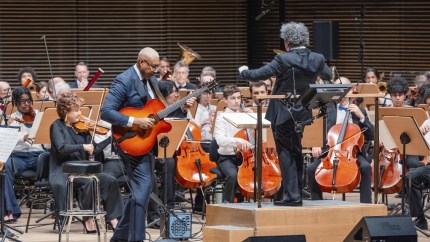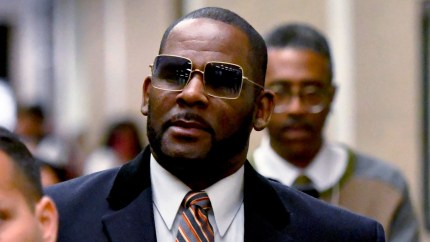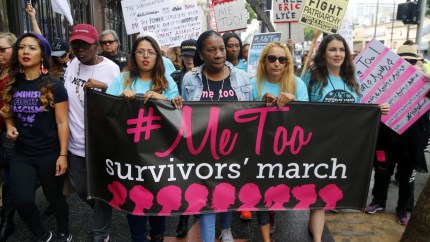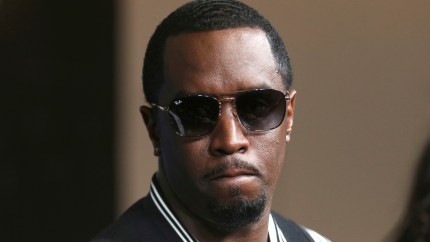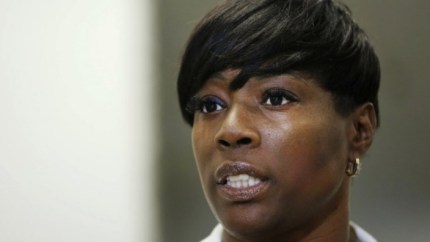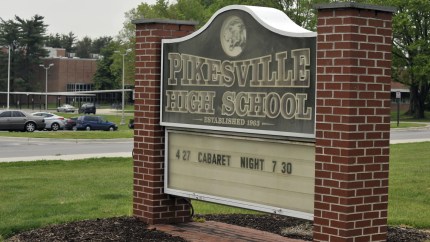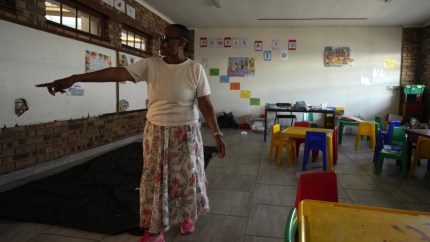Ella Baker was the quiet backbone of the civil rights movement
Baker pushed for change, working with the most prominent organizations of the time.
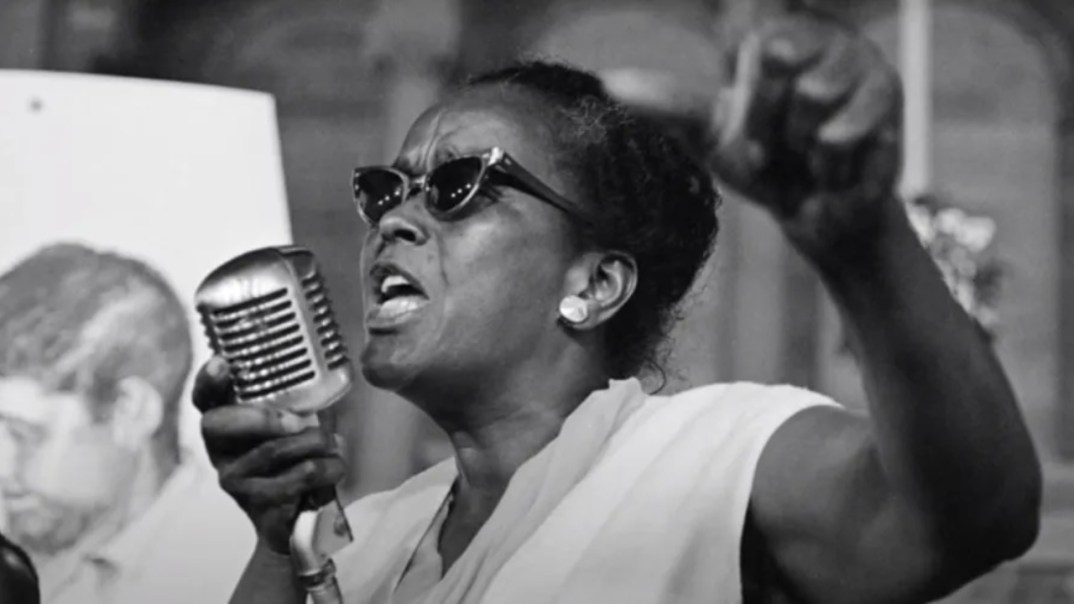
There are people who worked tirelessly for the cause of civil rights, and their names are familiar to us all.
Then, there was Ella Jo Baker, often referred to as the backbone of the civil rights movement.
A quiet, unassuming woman, Baker was at the center of the civil rights struggle with the movement’s giants, including the NAACP and the Southern Christian Leadership Conference. She’s credited with fighting for the meeting that launched the Student Nonviolent Coordinating Committee, known for its voting rights drives and human rights advocacy.
Baker was born on Dec. 13, 1903, in Norfolk, Virginia. According to the Ella Baker Center for Human Rights, her affinity for civil rights and equality was born from listening to her grandmother talk about being enslaved.
In 1927, after graduating from Shaw University as the historically Black college’s class valedictorian, Baker moved to New York City and became involved with civil rights organizations.
She joined the Young Negroes’ Cooperative League, which was dedicated to the economic empowerment of Black people, in 1930.
Starting in 1940, she became involved with the largest civil rights organizations of the time, spending three years as a field secretary for the NAACP. She traveled through the deep South, spreading the message of civil rights for all, and is credited with helping the NAACP build out its network.
Recommended Stories
She was national director of NAACP branches from 1943 to 1946 but left because she disagreed with the organization’s tactics. Baker, according to the New-York Historical Society’s Center for Women’s History, felt the NAACP spent too little time organizing and should expand its outreach beyond the middle class.
By 1958, Baker moved to Atlanta to join Martin Luther King Jr.’s Southern Christian Leadership Conference. She was charged with organizing the Crusade for Citizenship, designed to help Black people exercise the right to vote.
But soon, Baker felt the same frustrations with the SCLC that she experienced with the NAACP — male-dominated organizations that didn’t attract youth and, in her view, didn’t do enough grassroots organizing, according to the Martin Luther King Jr. Research and Education Institute at Stanford University. It notes that Andrew Young, the civil rights stalwart, once said: “The Baptist church had no tradition of women in independent leadership roles, and the result was dissatisfaction all around.”
In 1960, Baker pushed the SCLC to bring in students to one of its leadership conferences at Shaw University, her alma mater. That gathering led to the creation of the Student Nonviolent Coordinating Committee.
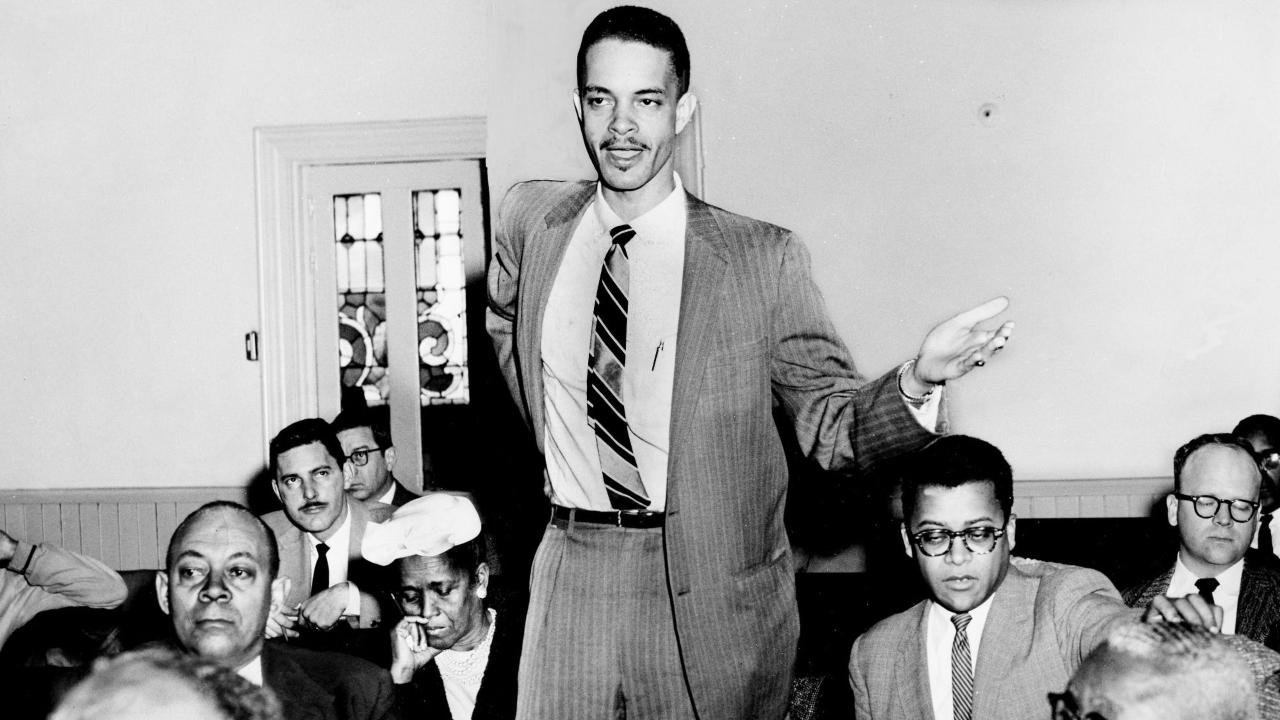
“There would not be an SNCC without Ella Baker,” the group contends on its website.
Baker soon resigned from the SCLC to work with the SNCC. She continued to quietly fight for civil rights until she died on Dec. 13, 1986, the day she turned 83.
The Ella Baker Center for Human Rights opened in 1996 and calls Baker “an unsung hero of racial and economic justice, the civil rights movement.”
That she was. And her legacy remains strong today.
Never miss a beat: Get our daily stories straight to your inbox with theGrio’s newsletter.
